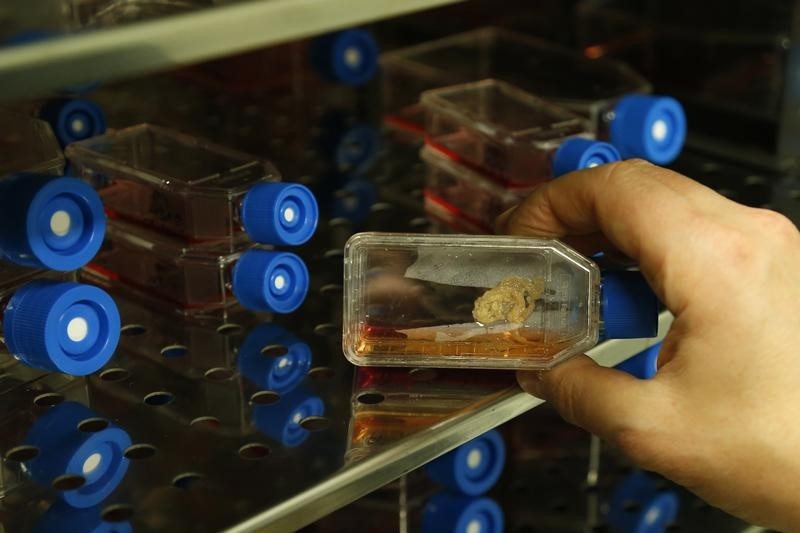By Robert-Jan Bartunek and Ben Hirschler
BRUSSELS/LONDON (Reuters) - Europe's top court has opened the door to certain stem cell patents in the European Union by ruling that an organism incapable of developing into a human being is not a human embryo and may be patented.
Thursday's judgment by the European Court of Justice was made following a case brought in Britain by U.S. company International Stem Cell Corporation (PK:ISCO) over whether it could patent processes covering the use of human egg cells.
The case is significant because three years ago the EU court ruled that stem cell research involving human embryos could not be patented, a decision condemned at the time by some scientists as a "devastating" blow for medical research in Europe.
As a result of that 2011 ruling, Britain's patent office objected to a patent application from the California-based company.
Although work on stem cell therapies is still experimental, researchers believe they have potential to treat a range of diseases from Parkinson's to blindness. But rigid curbs on obtaining patents could hobble their commercialization.
International Stem Cell, however, uses processes based on unfertilized human eggs and the EU court ruled that such eggs should be excluded from the ban on embryo-derived stem cell patents, if it was proven they could not develop into human beings.
"The mere fact that a parthenogenetically-activated human ovum commences a process of development is not sufficient for it to be regarded as a 'human embryo'," the court ruled. Parthenogenesis is the development of unfertilized eggs.
The court said it left it to British judges to determine whether the specific cells used by the U.S. company lacked the inherent capacity of developing into human beings and therefore met these criteria.
Adam Cooke, a partner at law firm DLA Piper, representing International Stem Cell, said the court's decision was "a big step in the right direction". In addition to the patent application in Britain, the company is also seeking patents at the European Patent Office.
Its parthenogenetic stem cells are in pre-clinical development for treating severe diseases of the eye, the nervous system and the liver.
Stem cell research has long been controversial. Critics argue that using embryonic stem cells is wrong because obtaining these cells involves the destruction of embryos which are left over from fertility treatment.

Scientists contend the research is justified, since the embryonic stem cells they use are cell lines derived from original surplus eggs that can be maintained indefinitely. While adult stem cells are also being investigated as potential medicines, they are less flexible than embryonic ones.
(Editing by Adrian Croft, Clara Ferreira Marques and Mark Trevelyan)